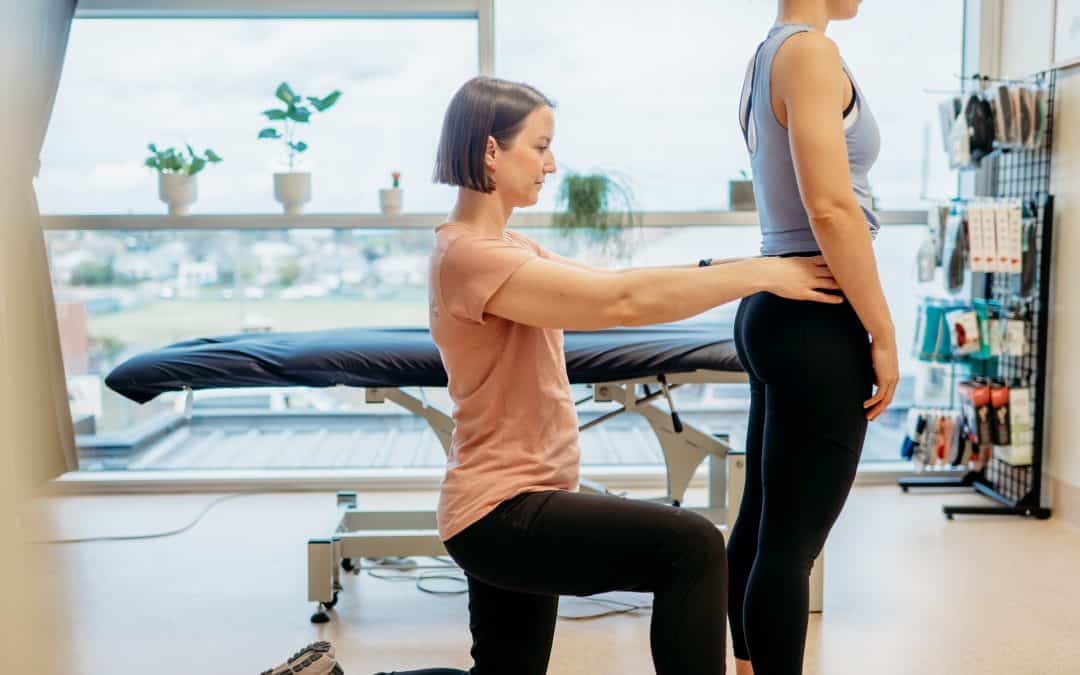Dysautonomia is a group of conditions associated with an impairment to the Autonomic Nervous System. This is our body’s “auto-pilot” control system in charge of in-voluntary functions, such as breathing, heart functions, body temperature control, digestive and kidney function, hormonal and sexual functions. The good news is that tailored exercise and movement can be an effective treatment, as well as making you feel human again, but there are some important things to consider before starting an exercise regime.
Dysautonomia has a few different types with varying symptoms that will impact your day-to-day functioning. Your symptoms can vary in occurrence and severity and you’ll often find them exacerbated when you’re physically or emotionally tired.
The most common types of Dysautonomia are:
- Postural Orthostatic Tachycardia Syndrome (POTS)
- Neurocardiogenic Syncope (NCS)
- Familial Dysautonomia (FD)
- Multiple System Atrophy (MSA)
How Physiotherapy and Exercise Physiology can help
Exercise and tailored movement can be an effective treatment for different symptoms of Dysautonomia by:
- Improving blood pressure and blood flow
- Building your tolerance to physical exertion, which may improve overall fatigue symptoms
- Increasing your strength, to be able to perform everyday activities, such as climbing stairs, lifting shopping, carrying your kids
- Increasing fitness levels to be able to enjoy leisure activities, helping improve both our physical and mental well-being
- Improving your mood and self-esteem
It’s important that you seek medical clearance from your doctor before starting an exercise regime, and start exercise under the guidance of a professional, especially if you are a beginner and/or your symptoms are not well-managed. The PPG physiotherapy team and Molly, our Exercise Physiologist, can help you tailor an exercise plan to suit your condition and show you all the movements in our in-house gym.
Things to consider before you exercise
There are some important things to consider before you start exercising with dysautonomia to keep you and your body safe.
The position of your body
One main consideration when starting exercise is the position of your body. The most common symptom exacerbated during exercise is orthostatic in-tolerance – or feeling faint/dizzy often when you change position. This means that lying flat will help your body regulate its own blood pressure as there is less resistance from gravity.
For resistance training, you should start with exercises that involve lying on your back or side-lying, and monitoring your exertion and fatigue levels.
For aerobic training, this may be swimming or seated on a recumbent bike (a seat that allows you to lay back). Over-time, progressions can be made into more upright positions, such as seated and kneeling, working your way up to standing and more functional exercises.
Your heart-rate response
The other main consideration when exercising is your heart-rate response and fatigue levels. It’s important that you monitor your heart rate and exertion levels during exercising and avoid prolonged exercise at very high intensity.
Ideally you should exercise below 80% of your heart-rate Max, and/or a Rate of Perceived Exertion below 8/10. If you are unsure what this means, come and chat to one of our team or seek clarification with an exercise or medical professional.
Your hydration levels
You will also need to take into consideration your hydration levels and body temperature when you’re exercising. Keeping your body cool and well-hydrated during exercise is essential. This may mean that you need to include extra breaks to sip on water and be able to sit down under a fan, or cool place. Try to avoid exercising during the middle of the day during summer and opt for inside with air-con environments.
**Tip**: Compression gear can also help improve blood flow during Exercise. We recommend getting your hands on compression garments such as SUPAcore or 2XU to wear during exercise.
How the PPG team can help
At Progressive Physiotherapy Group, we offer both Physiotherapy and Exercise Physiology services to our patients with dysautonomia to ease your condition and get you moving comfortably.
To get started, book an initial consultation with one of our friendly physios or Exercise Physiologist who will complete an assessment and give you the best options on how to move forward with your physical rehab journey.
Talk to one of our exercise professionals today by calling 0497 111 127 or booking your consultation online.

